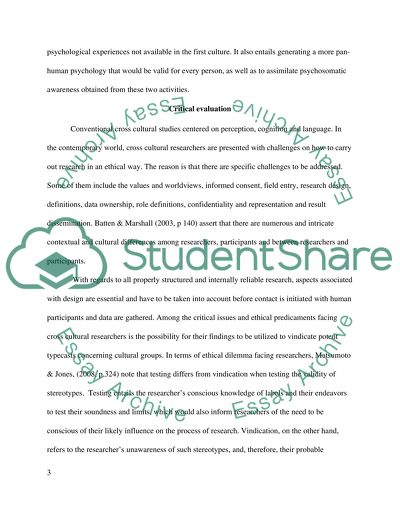Cite this document
(“Is it always necessary to take into account cultural differences in Essay”, n.d.)
Is it always necessary to take into account cultural differences in Essay. Retrieved from https://studentshare.org/psychology/1470062-is-it-always-necessary-to-take-into-account
Is it always necessary to take into account cultural differences in Essay. Retrieved from https://studentshare.org/psychology/1470062-is-it-always-necessary-to-take-into-account
(Is It Always Necessary to Take into Account Cultural Differences in Essay)
Is It Always Necessary to Take into Account Cultural Differences in Essay. https://studentshare.org/psychology/1470062-is-it-always-necessary-to-take-into-account.
Is It Always Necessary to Take into Account Cultural Differences in Essay. https://studentshare.org/psychology/1470062-is-it-always-necessary-to-take-into-account.
“Is It Always Necessary to Take into Account Cultural Differences in Essay”, n.d. https://studentshare.org/psychology/1470062-is-it-always-necessary-to-take-into-account.


